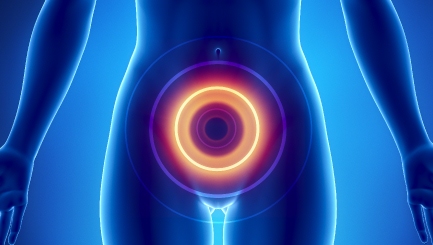Non-specific Urethritis: What You Need to Know
 There are certain sexually transmitted infections (STIs) that get a lot of publicity. We’ve all heard stories about syphilis, gonorrhoea and chlamydia but there are a number of sexual health problems that don’t get talked about in the same way. Non-specific urethritis (NSU) is one of those conditions – but it is not always an infection.
There are certain sexually transmitted infections (STIs) that get a lot of publicity. We’ve all heard stories about syphilis, gonorrhoea and chlamydia but there are a number of sexual health problems that don’t get talked about in the same way. Non-specific urethritis (NSU) is one of those conditions – but it is not always an infection.
It is a condition that affects the urethra, which is the tube that drains urine from the bladder. NSU causes this tube to become inflamed which can lead to pain, redness and swelling. It is usually caused by an infection but this isn’t always the case. It is sometimes referred to as non-gonoccocal urethritis so as to differentiate it from the similar symptoms of gonorrhoea.
What causes NSU?
NSU is usually caught by having either vaginal, anal or oral sex with a partner who already has the condition. Often a microorganism is ultimately to blame, but there can actually be a large variety of causes which is why the infection is referred to as ‘non-specific’. The most common infection found in NSU is chlamydia which accounts for nearly half the cases in men.
Infection isn’t always the cause. Inflammation of the urethra can sometimes occur due to friction from excessive sex or masturbation or by inserting objects or applying liquids into the tube.
What are the symptoms of NSU?
Not all men who develop inflammation of the urethra will show symptoms – and some are so mild that they are easy to ignore. But some of the more prominent symptoms are difficult to ignore. These include cloudy discharge from the penis, which is usually more noticeable first thing in the morning, and pain or a burning sensation when urinating.


Comments are closed.